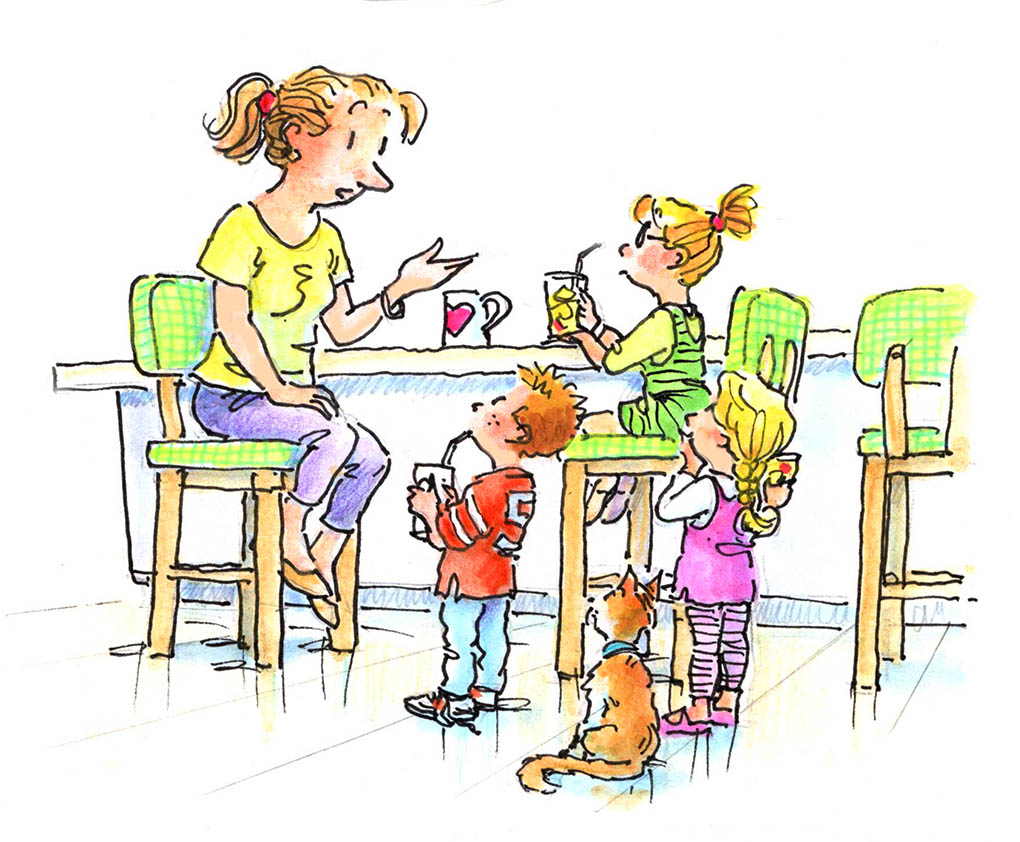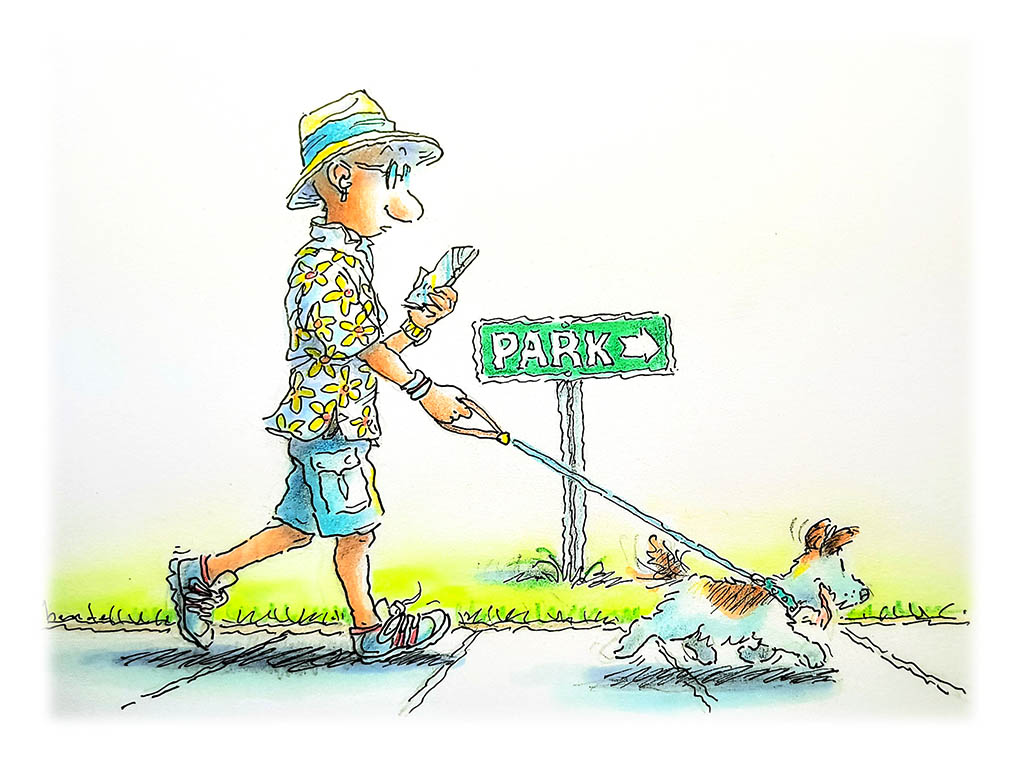Preparing Family and Friends
A transplant is a family affair that will affect each family member differently.
Helping Children Cope
Children of adult transplant patients share in the trauma of their parent’s illness and treatment. Depending on their age, they may express their fears in different ways.
- Some become depressed, sad, or anxious.
- Others develop behavioral problems or difficulties at school.
- Some become easily upset, while others bottle up their emotions.
 For most children, just being separated from their parents for an extended period of time is very distressing.
For most children, just being separated from their parents for an extended period of time is very distressing.
- Assure your children that they will be well cared for while you, or another family member, is undergoing treatment.
- Tell your children who their caregiver will be when you cannot be with them.
Set aside a time to talk about the transplant with your children when you can calmly discuss the situation without distractions. The words you choose and the level of detail you provide your children will vary according to their age and maturity. You may want to set aside separate times to talk with each of your children if they vary in age.
- Encourage your child to ask questions.
- Let your child guide you about what concerns him or her most.
- Be prepared to repeat your answer several times and respond to questions at surprising times.
- Be truthful. If a successful outcome from treatment is not certain, assure your child instead that the doctors will work hard to help you or your family member get better.
- Encourage your children to talk about their feelings.
- Consider enlisting the help of a professional counselor to help your children talk about their feelings and cope with the experience.
BMT InfoNet's Directory of Mental Health Providers lists therapists who are familiar with transplant and can help your child work through worries and anxiety.
Pickles Group provides resources and peer support for children ages 6-18 whose parent has been diagnosed with cancer.
 Sharing Information with Extended Family Members and Friends
Sharing Information with Extended Family Members and Friends
Extended family members and friends appreciate being told about your diagnosis and upcoming transplant and often are eager to help.
Most people are not familiar with what is involved in going through a stem cell transplant. It is common for people to assume a transplant is similar to surgery - you go into the hospital, get repaired, come home, and recover relatively quickly. Few people know someone who has been through transplant.
Directing them to reliable information about stem cell transplantation, such as this website, can help help. Consider sharing our patient handbooks about transplant with family and friends to help them better understand the transplant experience.
It's OK to Set Boundaries
Striking the balance between leaning on family and friends for help and protecting your privacy can be challenging. Sometimes, well-intentioned people say or do things that are not helpful. They may talk about a negative cancer experiences they've heard of, call too often, or ask personal questions about your medical condition that you prefer to keep private.
It is OK to tell people that you're sorry, but you're not ready to hear certain information or that you'd rather not go into more detail about your condition at this time. Most people will understand, and you can minimize your stress by doing so.


